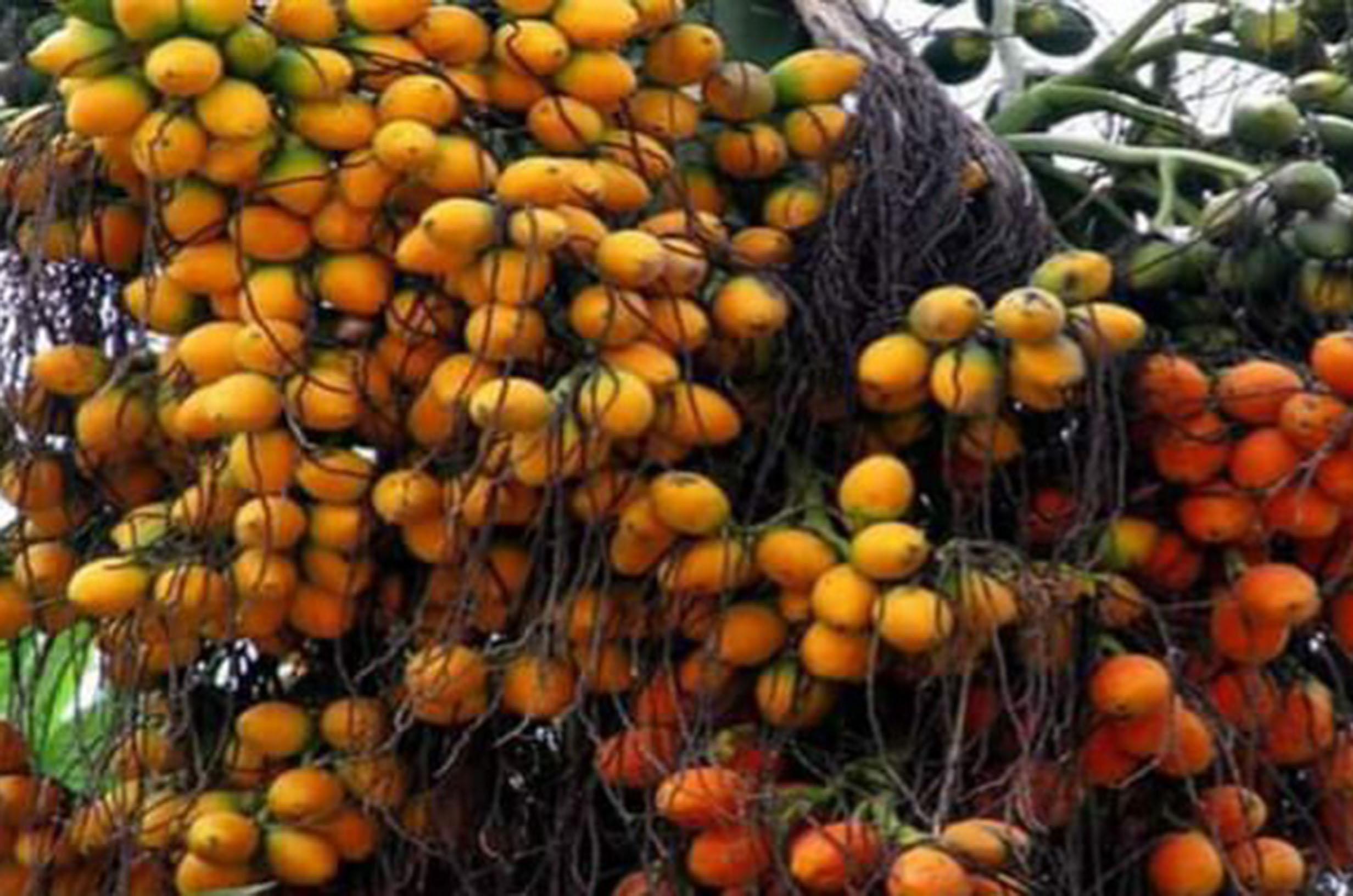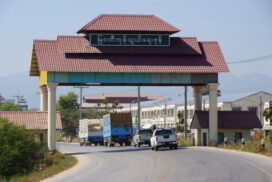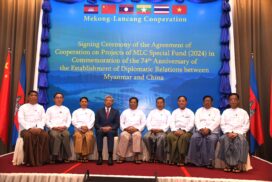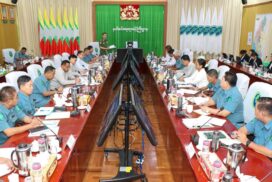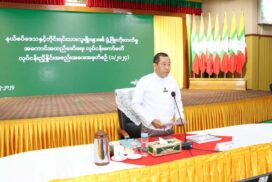The Tamu District Agriculture Department in Sagaing Region is making efforts to seek ways for local farmers to earn income from agricultural tasks. The ways of earning an income of foreign exchange through the export of saplings to India will be the chances for local people to do new businesses in Sagaing Region.
Five kinds of plants including dwarf coconut, pomelo, rambutan, areca palm and Shwehlanbo chilli pepper variety are cultivated with the use of the K10 million from the Naga Self-Administered Zone and border area development fund, aiming at exports to India, said U Hla Myint, head of the Tamu District Agriculture Department.
“K10 million was allocated for the Naga SAZ and border area development last year. Dwarf coconut, pomelo and rambutan seedlings are distributed in Myothit Township. Areca palm seedlings have been nurtured in Myothit, Khampat and Tamu townships.
“Approximately, 700 dwarf coconut seedlings are sent to Myothit and Minhla farms. About 1,500 areca palm seedlings are distributed each to farms in Myothit and Minhla townships while 1,000 seedlings are aimed for Khampat Township.
“That cultivation aims at the export market. Growers also eye them,” said U Hla Myint.
Shwehlanbo chilli pepper, which is highly consumed by Meitei people or Manipuri people is cultivated on 241 acres in Tamu District. The yield rate is about 800 visses (a viss equals 1.6 kilogrammes) per acre. – Lu Lay/GNLM
Five plants cultivated for exports under Naga SAZ, border development fund
- May 17, 2022
- 1116


